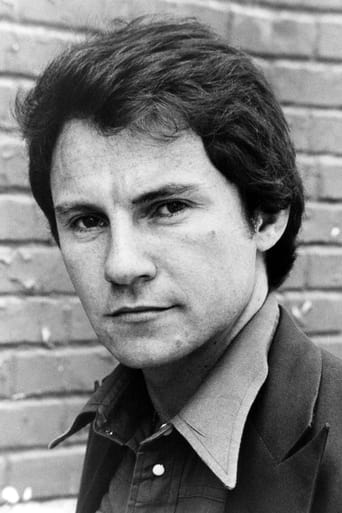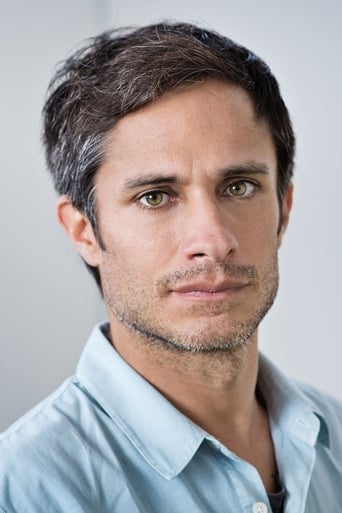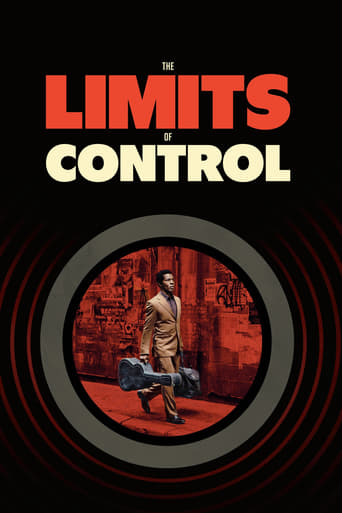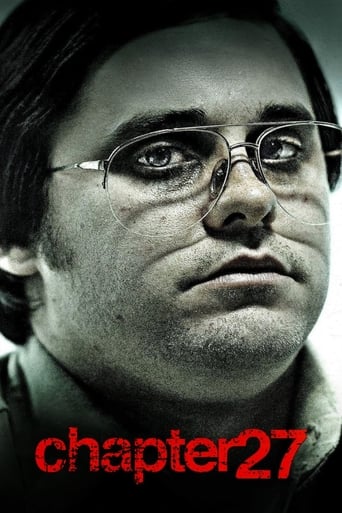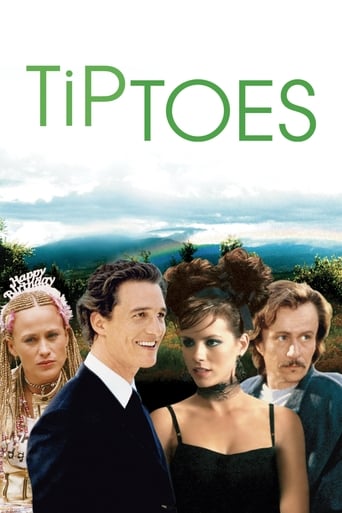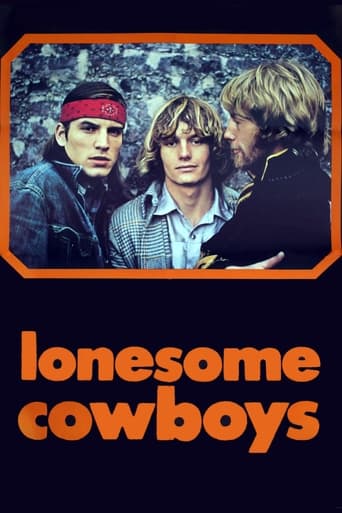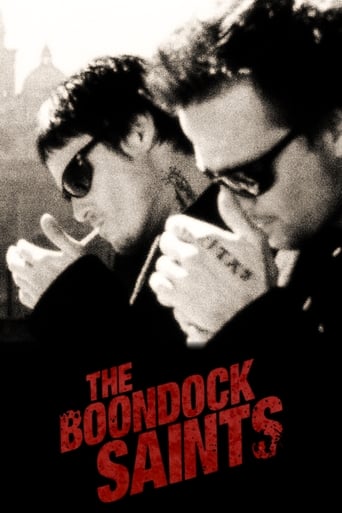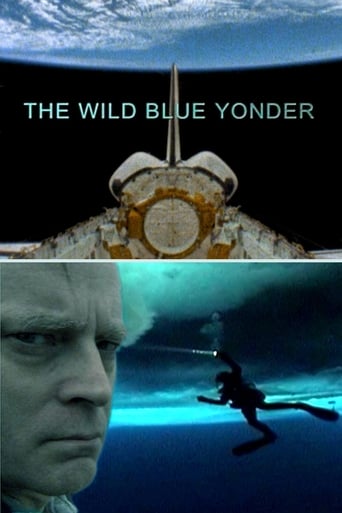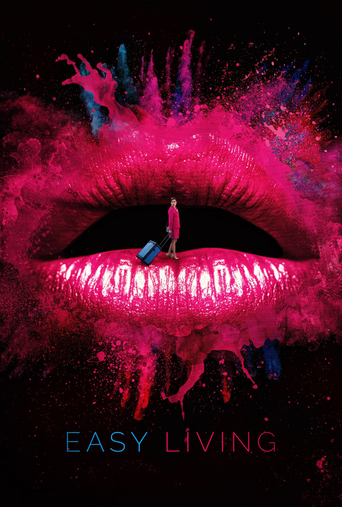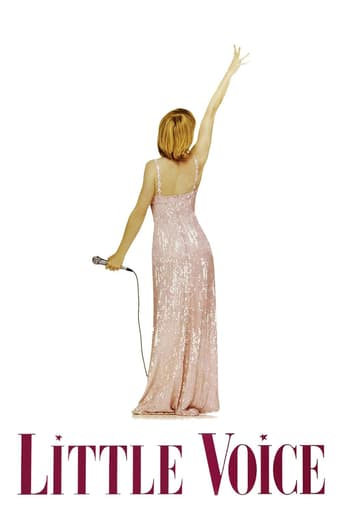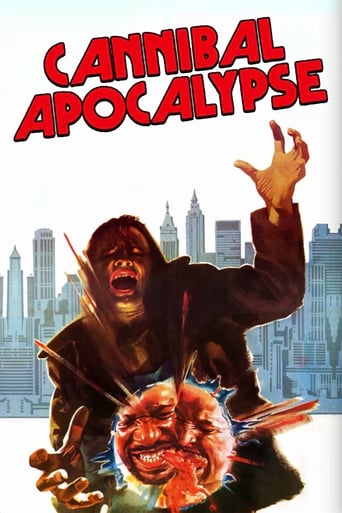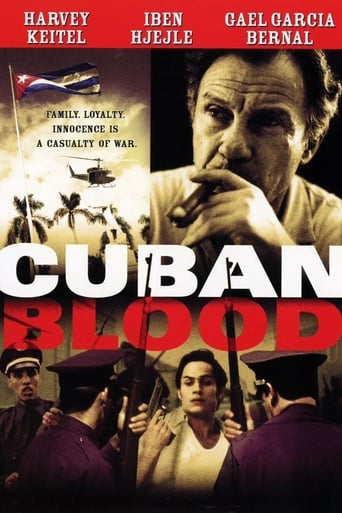

Dreaming of Julia (2003)
The year is 1958, and in Holguín, Cuba, a boy's world is about to change forever.
Watch Trailer
Cast


Similar titles
Reviews
The performances transcend the film's tropes, grounding it in characters that feel more complete than this subgenre often produces.
This is a small, humorous movie in some ways, but it has a huge heart. What a nice experience.
Strong acting helps the film overcome an uncertain premise and create characters that hold our attention absolutely.
The acting is good, and the firecracker script has some excellent ideas.
Cheers to Letvia and Juan for the care taken to depict Holguin,Cuba of 1958. It is quite a thrill to see the incredible city of Holguin in a movie. The city, perhaps 100,000 strong in 1958, has grown substantially since then. Today, you can still fly direct to Holguin from Miami. Well , maybe not you but I can. :)Armin and Tete, characters in this story, are my aunt and uncle and, yes, they were in Holguin in 1958 the year i was born (in Holguin). Armin and Tete are alive and well and living in Hialeah, Florida. [email protected]. 11/21/2012 http://www.imdb.com/name/nm5020153/
Although some may call it a "Cuban Cinema Paradiso", the movie is closer to a How Green Was My Valley, a memory film mourning for a lost innocence. The film smartly avoids falling into a political trap of taking sides (pro-Castro? anti-Castro?, focusing instead in the human frailty of the characters and the importance of family. Filled with good acting, in particular from Mexican actress Diana Bracho, who plays Keitel's wife. A masterpiece, filled with references to classic movies, from CASABLANCA to Chaplin's CITY LIGHTS. Gael Garcia Bernal plays a small role which is critical for the dramatic payoff of the story. TV director Georg Stanford Brown, in a rare return to acting (remember THE ROOKIES?), plays a homeless bum who acts as Greek chorus, superbly. It is a pity that this movie, originally titled DREAMING OF JULIA, has been released in the States by THINKfilm with the atrocious title of CUBAN BLOOD, which has nothing to do with the movie.
The central theme in this movie seems to be confusion, as the relationships, setting, acting and social context all lead to the same place: confusion. Even Harvey Keitel appears to be out of his element, and lacks his usual impeccable clarity, direction and intensity. To make matters worse, his character's name is 'Che', and we are only told (directly, by the narrator) well into the film that he is not 'that' Che, just a guy named Che. The family relationships remain unclear until the end of the film, and once defined, the family is divided - the younger generation off to America. So cliché. Other reviews discuss how the movie depicts the impact of the revolution on a boy's family; however the political stance of the director is murky at best, and we are never quite sure who is responsible for what bloodshed. So they lost their property (acquired by gambling profits) - so what? Refusing to take a political stand, when making a movie about the Cuban revolution, is an odd and cowardly choice. Not to mention the movie was in English! Why are all these Cubans speaking English? No wonder they did not get permission to film in Cuba. And if family life is most important to look at here, it would be great if we could figure out who is who - we are 'introduced' to them all in the beginning - a cheap way out of making the relationships clear throughout the film! The acting was mostly shallow, wooden, and unbelievable, timing was off all around. The 'special' visual effects were confusing and distracting. References to American films - and the black character as Greek chorus - strictly gratuitous, intellectually ostentatious, and consistently out of place. I only watched the whole movie because I was waiting for clarity, or some point to it all. It never happened.
CUBAN BLOOD, a direct to DVD little film, has a long history. Shot in the year 2000 in the Dominican Republic as the first film for director/writer Juan Gerard (with writing assistance from Letvia Arza-Goderich) the film began as a 3 1/2 epic about the small town of Holguín, Cuba in the year 1958, a place where the Bautista/Castro clash was not as evident as in Havana. Originally named DREAMING OF JULIA (referencing both the sole entertainment for the little town - a movie house - as well as the sole Americana Julia who plays a significant pivotal role in the story), the film was next called CUBA LIBRE and finally titled (rather inappropriately CUBAN BLOOD. Juan Gerard has yet to make another film and one can understand why.Holguín is a pretty, peaceful town whose patriarch is Che (Harvey Keitel - and the Che is an old grandfather, not the revolutionary), married to Beta (the very talented and dignified Mexican actress Diana Bracho), who are the beloved grandparents of the little boy (Andhy Méndez) whose story this film is as narrated by off screen mature Tony Planas. The impending revolution results in a loss of power for the town and the story is a simple coming to grips with the changes that are to be inevitable. The boy meets the Americana Julia (Iben Hjejle) who befriends him; he struggles with the town youths who mimic him as a chicken; he dotes on movies he watches with his grandmother Beta; he falls in love with the older Carmen (Farah Alfonseca) who in turn is in love with a quiet revolutionary sympathizer Ricky (Gael García Bernal in his second film after his debut in AMORES PERROS); he learns of Che's infidelity to Beta; and he watches the town and his family disperse with the coming of Fidel Castro's revolution. Seeing the events of 1958 through the eyes of a child is enchanting and for the most part makes for a sweet, though saccharine, film.Cinematographer Kramer Morgenthau takes terrific advantage of the 'year without electricity' motif and makes most of the film shot at night with candles and lanterns creating a storybook loveliness that heightens the romantic aspect of this film. Perhaps in the original 3 1/2 hour version there were better character developments - especially in the case of Gael García Bernal's very small but pivotal role, and in the use of Georg Stanford Brown as a Greek Chorus 'Black Bum' who seems to be placed to make the events unfold with some sense of order.The supporting cast includes some strong actors: Gabino Diego, Cecilia Suárez, Aline Küppenheim, Daniel Lugo, etc whose roles were no doubt better fleshed out in the original. But it is clearly the influence of Harvey Keitel that helped Juan Gerard make this film happen. It has moments but it too often falls into the novella melodrama realm to make it work for audiences trying to figure out whether this is an historic drama or a Cuban version of 'Cinema Paradiso'-type Italian films. Grady Harp


